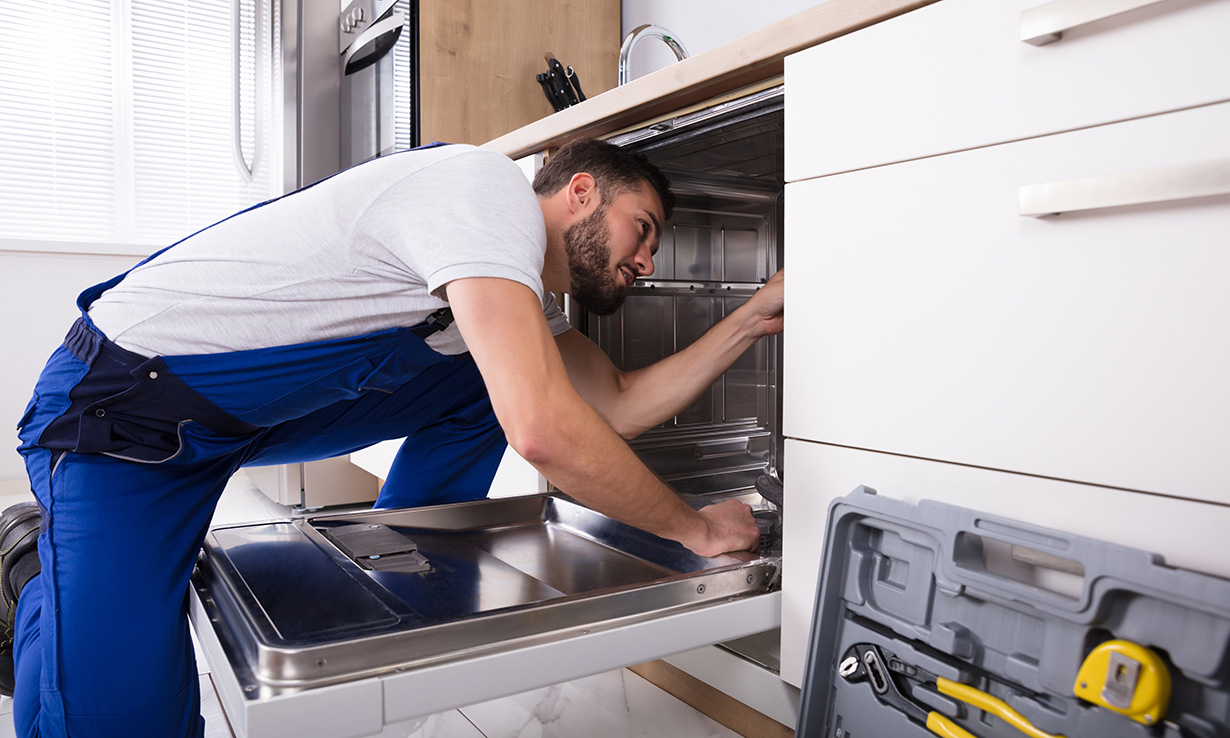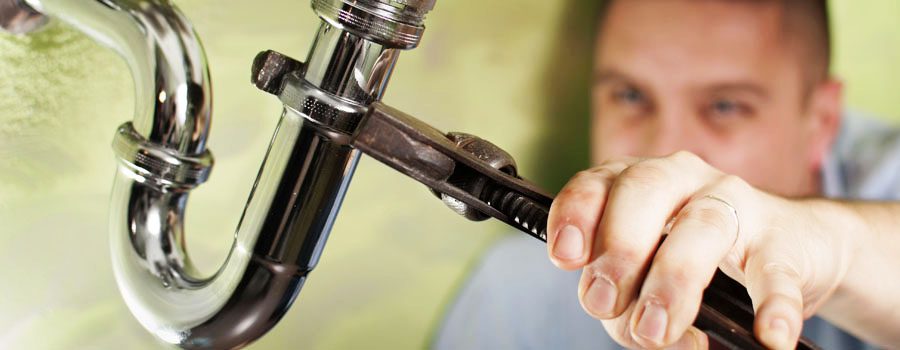Caution: 6 Common Practices Which Damage Your Household Plumbing Appliances
Caution: 6 Common Practices Which Damage Your Household Plumbing Appliances
Blog Article
We've come across this article relating to Don’t Let an Earthquake Damage Your Plumbing directly below on the net and accepted it made good sense to talk about it with you in this article.

The secret to durable home appliances, unsurprisingly, appertains maintenance. There's no set rule that can ensure your plumbing home appliances a lengthy wear, however you can prevent unneeded damage as well as repair services by avoiding negative plumbing practices.
You must quit doing these 6 points else you'll maintain calling your plumber over for minor faults.
Flushing everything
Yes, your commode drainpipe brings about the sewage systems, but that doesn't suggest you should dump simply anything down the tubes. Numerous 'flushable' products are in fact wonderful obstruction starters, for example dental floss. Asides maintaining obvious non-flushable products like cords as well as plastics out of your commode, you should also prevent flushing cotton swab, menstrual products, wipes, daipers and prophylactics down the bathroom drainpipe.
DIYing everything
With plumbing, a stitch in time truly does save 9. You can stop a fullblown plumbing emergency by calling your plumber at the correct time.
You may have learnt a couple of plumbing hacks from your daddy, yet you ought to know where to draw a line as well as call a specialist. For example, you might be able to take care of an obstruction on your own, yet you shouldn't attempt to transform a pipeline. You could mismatch pipelines or overtighten a screw, causing even more injury and also damages than you thought. Calling a plumber is a safe as well as budget-friendly decision.
Making use of way too much drainpipe cleaner
Making use of a drainpipe cleaner more than one or two times a month is an indication that something major is taking place within your pipes. Currently, instead of facing the primary issue, you go for a quick fix; a carbonated drainpipe cleaner. Rightfully, a drainpipe cleaner will take care of the clog, however at what cost?
The chemicals in a drain cleaner can hasten the deterioration of your pipelines. Include that to whatever underlying problem is creating the blockage and you may need to a severe problem on your hands.
If you experience too many blockages, call your emergency plumber instead of making use of a drain cleaner.
Putting grease in the sink
We know effectively dealing with grease after a hearty meal is a discomfort. Yet merely pouring it away can do long-lasting harm to your pipelines. "The fat as well as oil can block your drain severely enough to force you to call a plumber," discusses Dawson. "Plumbing works best when it's well cared for-- not abused with grease."
Not changing your dishwasher hose pipes
One simple method to make sure that you use your dishwasher for several years is to change the pipe at least as soon as in 5 years. This additionally applies for washing equipment pipes.
Over time, food particles, soap and also oil can develop blockages within your pipes. Replacing them in a timely manner will certainly avoid any type of presure accumulate that can harm the internal workings of your dishwasher or washing device.
A strengthened steel intertwined hose does a great task of lengthening your equipment's use time.
No winter months safety measures
Extreme weather are bad for your pipelines, specifically if they're made of steel. You ought to shield your revealed pipelines, and also your water tank, even if you have a hot water heater. You ought to likewise switch off your yard pipe valve and also any other external water channels. These networks are outlets for cold; you pipes can start to ice up from outside if you do not.
Prevent Water Damage from Plumbing and Appliances
Prevent toilet failure
Be patient after you flush and wait for the valve to completely finish refilling the tank and bowl. If an overflow looks imminent, lift off the tank cover and lift the float to shut off water flow to the tank, and then turn off the supply valve.
Twice a year, inspect a toilet’s components, such as the fill, supply, and flush valves, and the supply line. Make sure you can turn off the supply. If you have older screw type valves that are hard to turn or start leaking, consider replacing them with simpler ball valves that are easy to shut off quickly.
Inspect and maintain your water heater
Inspect your anode rod every two years, or every year once the warranty has expired, to determine if it needs to be replaced.
Flush water heater tanks every six months to remove sediment by attaching a garden hose to the valve at the base. For safety, first turn off the power and run hot water until it is cool.
Get an annual inspection from a plumbing professional including the shut-off valve and all piping. Signs of broken valves and loose or wet joints and rust are a sign that more severe damage is coming.
Maintain washing machine supply lines
Look for signs the supply hose may be ready to fail—blisters in the hose, worn tubing, stress cracks, or a loose connection.
Replace the supply hose with a reinforced steel braided hose if it shows any sign of wear.
Tighten the connection if it feels loose. The most common site of failure is near the connection where the hose bends.
Replace supply hoses every five years, even if there is no obvious deterioration or wear. Some signs of deterioration may occur from the inside out and may not be visible until it is too late. When replacing washing machine supply hoses, always choose a reinforced steel braided hose over the traditional un-reinforced rubber hose. These hoses will last longer and are far less likely to result in a catastrophic water loss.
Prevent plumbing failure
Never pour grease down the drain.
Plant trees away from lateral drain lines to prevent roots from damaging piping.
If your home’s sewer system is connected to the city’s sewer system—a particular problem for older homes—or if you are located downhill or below street level, contact a plumbing professional to install a backflow prevention assembly into your sewer system.
Call a professional if you notice signs of a plumbing problem—an increased monthly water bill, banging pipes, rust stains, moisture in the walls or on the floor, and signs of wet soil erosion near the foundation.
https://disastersafety.org/maintenance/prevent-water-damage-from-plumbing-and-appliances/

We had been shown that write-up about Can Hard Water Ruin Your Appliances? through a good friend on a different blog. Liked our content? Please share it. Help others locate it. Thank-you for your time spent reading it.
Schedule A Service Report this page